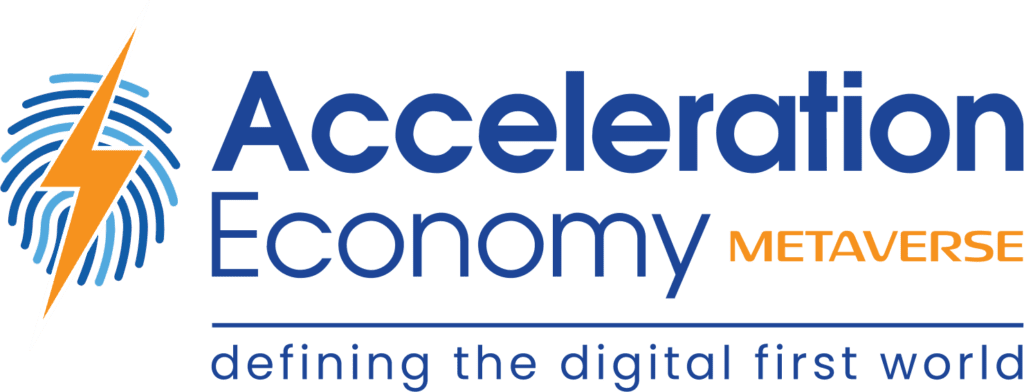You just hired your first 22-year-old member of Generation Z. Fresh out of college with no experience in a job, you might be wondering, How do I work with this person?
First of all, what is Gen Z? The term usually refers to the people born between the mid-to-late 1990s and early 2010s, or between the ages of 10 and 25. One of the defining characteristics of this generation is that we grew up with the Internet, mobile devices, and social media, which is why we’re often called digitally native.
This generation is starting to enter the workforce, and it’s time for managers and employers to get prepared. So here are four expectations that Gen Z has for the workplace.
It should go without saying, but this is a vast generalization—every young person is an individual with unique needs and expectations.
1. Pay Isn’t a Priority, Well-Being Is
A 2018 study from Gallup showed that an “organization’s financial stability” is not even in the top three priorities of Gen Z when they’re searching for a job. Last April, Gen Z led what has been dubbed The Great Resignation, and research has found that 56% of respondents were least satisfied with their work-life balance out of all factors at their current workplace. Other studies have shown that increasing pay won’t be enough to bring workers back.
Instead, one of the main factors that young people value is the employer’s focus on the well-being of their employees. In the times of social media and the pandemic, more young people are acknowledging a struggle with their mental and physical health.
More than any other generation, Gen Z is looking for workplaces that treat them as individuals, where managers care about their personal wellbeing as well as their career growth.
In these times of social, environmental, and economic change, many Gen Z’s are also looking for ESG in their employers. They need to know their work is having a positive, ethical impact.
2. Flexibility is Gold
Covid-19 has shifted everyone’s expectations regarding communication—Gen Z is no different.
For young people, flexibility is the new paycheck. A study by software and data analytics company, Adobe, found that 61% of Gen Z’s planning to switch jobs within a year said they “would do so to exercise more control over their schedules.” The 9-5 is out, flexible work is in. That explains the growing popularity of platforms like Fiverr, jobs like UberEats delivery, and the creator economy.
But take that with a grain of salt: even though we’re digital natives, we also like offline time. This ties back to point #1 on mental health—some events should be planned in-person, and Gen Z’s should have the option to be part of an in-person community.
And if you’re managing young people at work, you need to be reachable online. Company updates need to be posted. A strong social media presence also helps us find you if we’re looking for a job.
3. Expectations Must Be Communicated Clearly
As work becomes more flexible and individuals gain autonomy, managers must be crystal clear on their expectations (especially for Gen Z, who have the least experience in the labor market).
Be authentic in your communication. Even though we’re young and inexperienced, explain to us the motivations behind certain decisions—learning is extremely valuable for us. And be prepared for Gen Z’s to make mistakes, we’re still exploring what it means to work just as you’re exploring how to manage a new generation of employees in this new era of hybrid work.
4. Consider Non-Traditional Backgrounds
Our generation is burdened by student loans and an ever-increasing cost of living. Some of my friends during sophomore year recently had their first-ever in-person lecture. So, is it really that surprising when fewer and fewer Gen Z’s are deciding to go to college?
It’s time for employers to consider individual or online education as legitimate. Rather than relying on a university degree or the reputation of a school, test the applicants’ real ability and personal qualities. It’s surprisingly easy to squeeze your way through college with the bare minimum, possibly learning less than someone who might’ve just traveled the world and read books all day.
Our digital economy enables people from across the world to work together. To unlock that potential, though, employers need to look past traditional barriers to entry.
Conclusion
All-in-all, most of our expectations of work aren’t different from anyone else’s, even if growing up in a different world with different technology has made us choose ethical work, flexibility, and mental health over salary and security.
And as a final note, don’t be surprised when young people change positions frequently. The dream of rock-solid job security working in the same company for a lifetime is not one we share with older generations, partly because we grew accustomed to a world-changing more rapidly than ever before.
Want to compete in the Metaverse? Subscribe to the My Metaverse Minute Channel:










